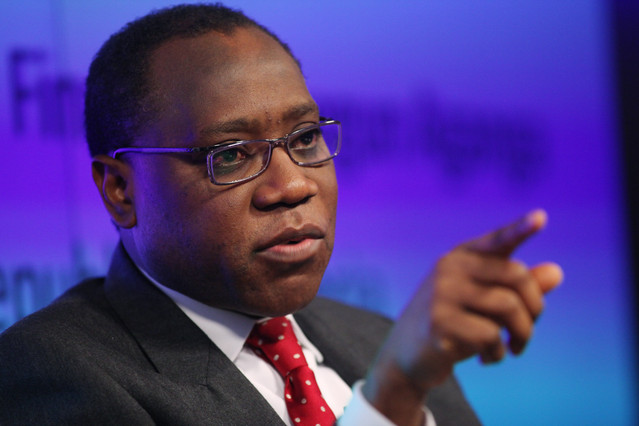The Federal Government has said that the execution of the Nigerian Automotive Industry Development Plan is progressing as planned and that the government has no plans to reverse certain aspects of the policy.
In a statement on Tuesday, the National Automotive Council (NAC) said that the government had not defaulted on its assurance to shift the execution process of certain aspects of the Nigerian Automotive Industry Development Plan (NAIDP) till January 2015 as alleged in some media report, stating that the application of the levy exemption was only being misinterpreted.
The Director-General, NAC, Mr.Aminu Jalal, said, “Government had already shifted the implementation of the full tariff on new vehicles from January 10, 2014 to July 1, 2014 to enable importers to clear the vehicles they had ordered at the old duty rates. Government only extended the concession on the importation of used vehicles only by another six months till December 31, 2014.
“This was because up to three out of four imported cars are used and time needs to be given to the assembly plants to produce affordable vehicles to replace the imported used ones. Unfortunately, this levy on new cars was misinterpreted to mean that all vehicles, including new FBU imports, were exempt from levies until December 31, 2014.”
He added, “This could not have been the case because existing and new entrants into the assembling process under the NAIDP have started to roll out new products at competitive rates. As a result of continuous inflow of new FBUs without restriction occasioned by this misinterpretation, assemblers began to cut down on orders for assembly kits, and this has the potential to derail the policy.
“Action taken was, therefore, urgent. The government decided to clear this misinterpretation. Given this clarification, the Nigerian Custom Service has been thus guided in their operations. Council wishes to reassure Nigerians that new vehicles have been stockpiled under the NAIDP awaiting buyers, and there is, therefore, no need to fear adverse rise in prices. “
The DG explained that a special package under the NAIDP was being worked out for dealers, who had made some commitments, to enable them import new FBUs at concessionary import duty rates (minus the levy) until they set up local assembly operations.
He stated, “The response to the policy by investors has exceeded our expectations. The existing assembly plants have a new lease of life, with VON assembling the Nissan and Hyundai vehicles, and PAN resuming assembly of Peugeot cars. INNOSON will soon start car assembly to complement its commercial vehicles production.
“Twenty-two companies have indicated interest to assemble vehicles and four will start assembly operations before the end of this year, and the rest next year. The implementation of the policy is now focusing on local content development.”
Jalal said the objective of the automotive policy was to bring back vehicle assemblage in Nigeria and develop automotive content to supply the assembly plants.
“This is because of the importance of the industry in employment generation, GDP contribution, technology acquisition, SME development, skills development and technology acquisition,” he noted.



Leave a Reply